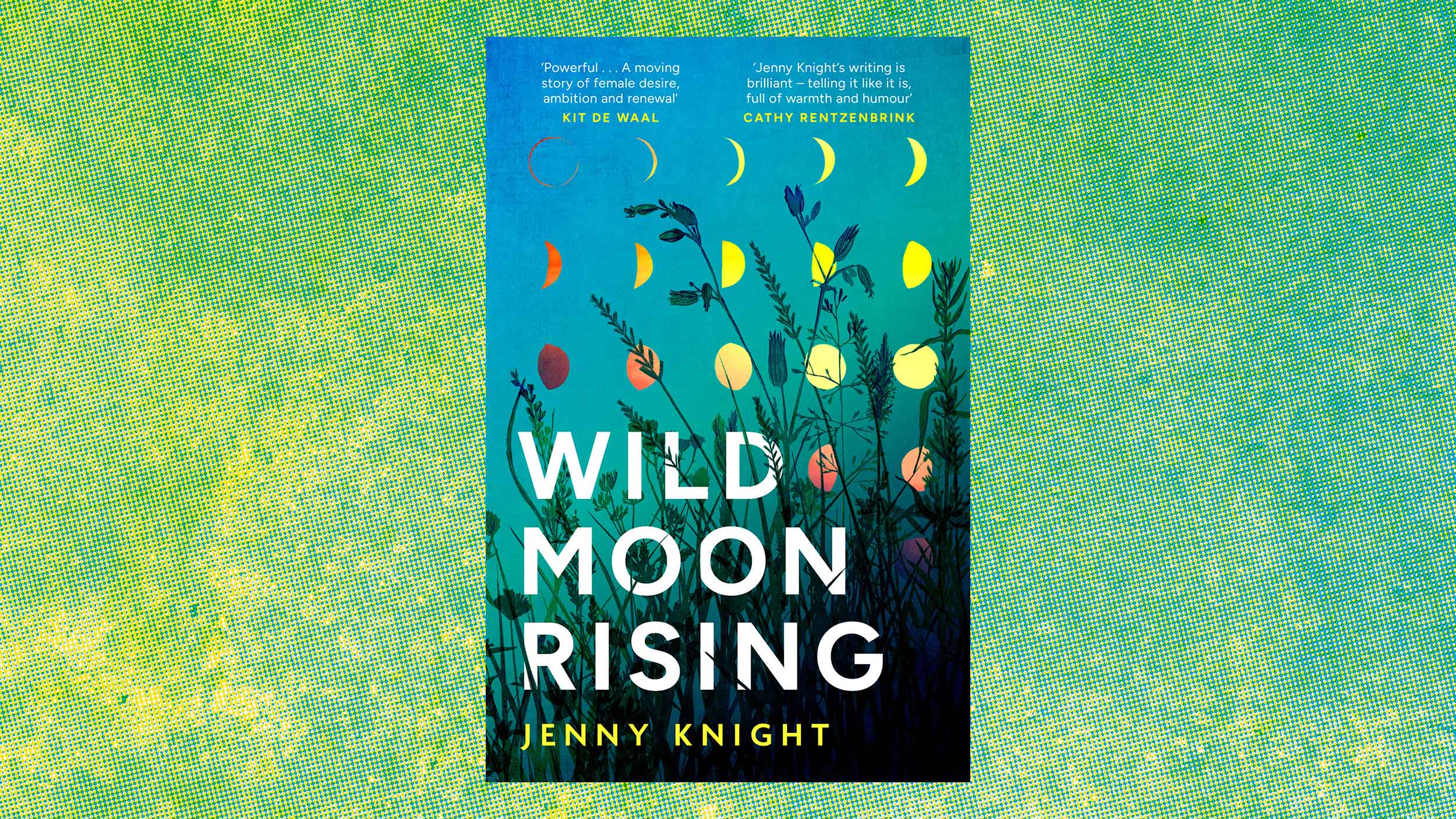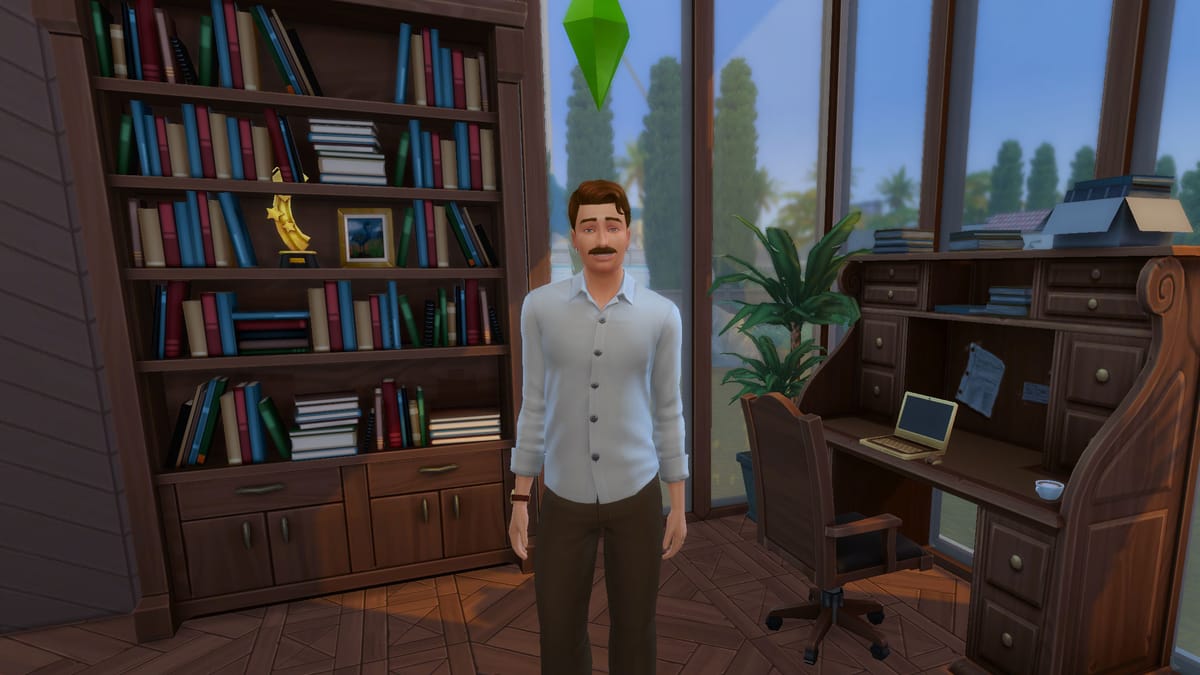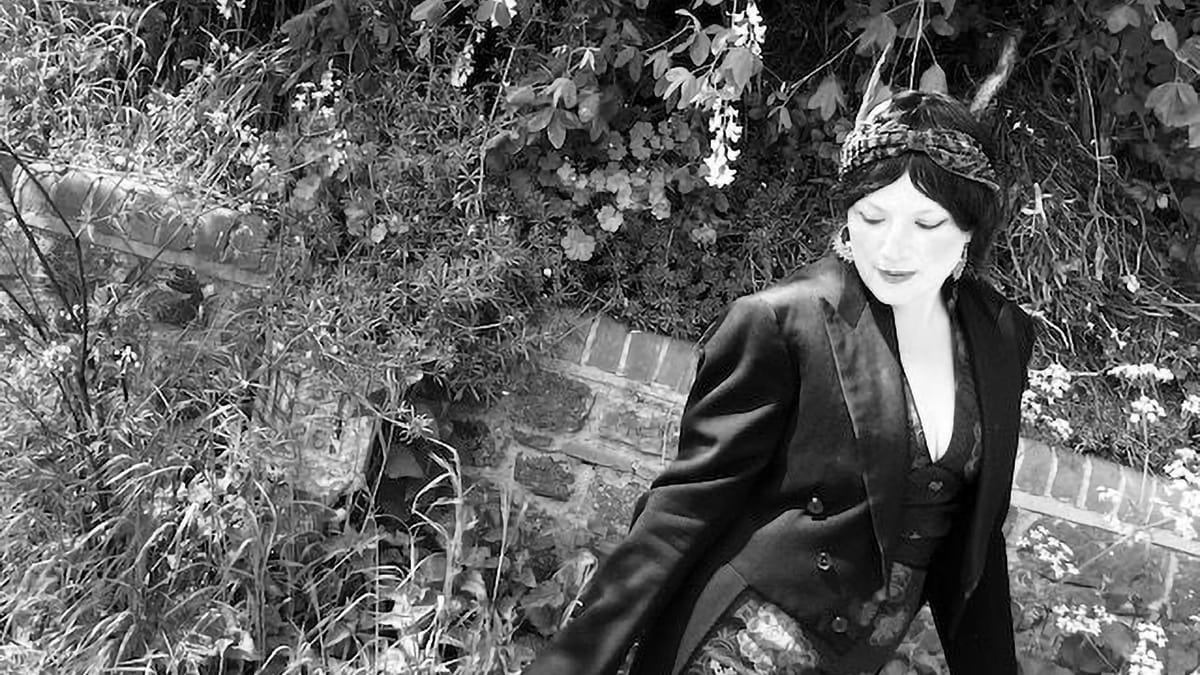She’d always had a bit of a thing about Guitar True-Love. Ever since he ran across a playground early in high school, stooping to scoop up a tennis ball in front of her and she stood shock-staring at the black-black hair and striking green eyes. Trying to work out why her chest felt as if it took not just the strike, but the shape of lightning.
She’d watched him spin on one foot, arm drawn back, shirt lifting – oh! – as he dipped a knee, bent back like a Greek statue, hurling the ball high, arching, long. The way he’d caught her eye, stared back, smiled. He was the son of a surgeon; as far from her council-house league as her touching the top of the netball ring. Yet it became evident, fast, the magnet pulled both ways. If she was walking past where he was playing wall-ball, and he had the ball, he’d always aim for her arse.
“All right, Texas?” he said one time, as she rubbed the welt and flicked him the bird; the nickname bestowed by some other boy, thanks to her breasts (soon to be so covered by her arms she’d have a slight hunch for years), and a TV chocolate bar ad – Texan: The Big One!
“All right, Danger Mouse?” Her TV nod now, him shorter than so many of his peers. She was never not aware of him; felt his presence on her skin, the roots of her hair. They had a sweet, childish relationship that first year – you ‘went out’ with boys then mostly because they asked ¬– but an attraction that clicked on and off for years. They dated properly once, but it ended because of how he tried to get his hand in her pants on the overnight bus to the school exchange: fierce, relentless; his urgency stunning, repulsing, thrilling. She fought because she knew she should, but she hadn’t wanted to. She knew even then she could take his fingers as deep as he wanted to thrust them – and love every single second.
But that was just it, wasn’t it?
She smoked, swore, liked a dirty joke, masturbated like a teenage boy. A freak, a nympho, a dirty bitch. That was her secret. Her shame. The thing that still at times made her want to pray herself good. His girlfriends were always posh, sweet as brandy snaps stuffed with the creamy pout of them. And yet she saw how he looked at her, barely able to admit how much she wanted to impress him.
“Texas! I see you won that competition. Did you get someone else to paint it?”
“Mousey! I saw you in that band that weren’t shit. Did you feel out of place?”
She went out with Splatty Kev instead, because he asked, but also because she liked where he came from. He was son of Artex Tony, the dad of messy overalls and smoke-smelling van, his mum an Avon lady, and she and Kev often went to his at lunchtime, where Claire found all the things familiar to her: smoked glass mugs of tea that steamed on tables with meals, flowery carpets, fake wood Formica, ‘naff’ china ornaments of ‘ladies’ or robins on spade handles, Old Spice and Silvikrin – and no en suites.
And then came Cherry Boy.
“See you got a boyfriend with a car now, Tex? Does his guide dog drive it for him?”
“See you’re going out with Jayne’s ickle baby sister. Buy her an ice cream for me?”
But as they got into A levels, her girlfriends, boy friends, began to blossom, beard: the reader-writers understanding Shakespeare, the maths and sciences revelling in infinity; languages chattering, humanities wanting to hold the planet in one hand. She grew, too: her mother’s lurching yucca painted life-size, the Suffolk sea on an old piece of plasterboard Artex Tony was throwing out, her self-portrait now in squares of blue, her Freud-inspired Woman in Red, all the tiny illustrations she’d sketch on bar mats, menus, anything; her appetite never sated, merely teased. She used pub work to save for university, but also to stretch herself a canvas, buy a camera to take good photos. Won herself a couple of prizes.
They kept a good friendship, she and Guitar True-Love; in the same school house, always bantering in competitions and assemblies, but always two of the first to shout about one of the better teachers getting sick or losing a loved one, head to the town florist after arranging a whip-round.
“I don’t know – which ones do you think they’ll like the most, Mouse? What the hell do you buy someone whose husband just died?”
“Any. Because of what they mean. You’re the arty one – and actually the one who stood up and said we should, so you choose. And good on you, Tex.”
Two of the first, too, to be reprimanded for never quite adhering to the rules. Him with his cheeky songs – The Tie of the Agar, ripping into the music teacher who often turned up skew-whiff, reeking of booze – her with her cartoonish lampoonings. When not worried about treading on her mother’s nerves, or dealing with the ghost-home of a mother in hospital again “for a rest” or “recuperating” in Norfolk for months, she loved nothing more than to laugh. Her dad worked all the hours then, and with Stephen at uni, she had to learn to live with watchful sleep, terrified of the Rippers treading the bills marked Urgent as they headed to her room with their knives. School was safe and, in sixth form at least, fun. She didn’t want it to end as much as she needed to escape; the desire for city life – life – pressing.
When they danced, she and Guitar True-Love, learning a waltz for the leavers’ musical, she sweated such animal musk she’d clamped her arms so tight her ribs ached for an hour, just in the hope he wouldn’t smell the strength of her want at the ebony hair peeking where throat pooled to clavicle. The night they finally got together at the leavers’ party in a barn on someone’s farm – as you do, she joked – they took off for a walk in search of fags, got lost, walked for hours and ended up in the soft scrub of headland of a stubble field, ghost-lit by a harvest moon as he took her top off and both lost track of time.
She fell. Hard.
You’ve got a hell of a mind, he told her, and it meant more than any profession of unlikely beauty. The best she was used to was “more attractive than you think/when you take your glasses off”. Attractive: older actresses, other people’s mothers.
With Cherry Boy she had found a way to be a woman, but she still hadn’t felt like the real deal; the girl still playing with the grown-up clothes to find her style. With Guitar True-love, the woman in her sang like the strings of his guitar.
First love. So beautiful and so brutal at the same time.
“I love the way,” Guitar True-love said in the hot summer before university, “you always answer questions with another question.”
“How do you mean?”
“Very droll, Tex. I’m impressed.”
She always laughed when he said that – impressed – which he did often; no way around his seeing through any of her guises. They’d known each other too long.
He pulled her close, into the clean, ironed linen smell of him. “Because it’s sexy. I love your confidence, your energy. You’ve got a way about you and —”
“Don’t say it. Big tits? Yawn.”
“Not as big as your feet. It’s like going out with a duck.”
He wrote her a song called “Number One” because: “You are curves and circles and squares at the same time. You’re the number one because you’re infinite, you’re perfect.”
“I love your body,” he said, when she, premenstrual, pulled it to pieces, wished she were thin; snake-hipped and small-breasted like all your other girlfriends. “What was it you said – Rubenesque? And no, not just your gorgeous, amazing… those. I’m even getting used to your massive feet.”
“Built for comfort not for speed,” she said; a quip-shield used about various body parts to many men, many times, in the pubs she worked in.
“I love watching you play,” she said to him one afternoon off from their respective jobs. “The way you get so lost in your music, that look when you can’t get the notes, and then you can. I even like this” – she stroked his Eighties stubble – “ridiculous bumfluff of yours.”
“I love it when you have red lips,” he told her, smooching at the last of their friends’ 18ths, after he’d just sung along to Barry White, parody-style, in her ear. “I don’t care if it’s meant to work like a baboon’s arse like on Life on Earth; I love it all the same.”
“So, what about when I’m not wearing make-up, then; as in, most of the time?”
“Even better. Ohhh don’t go changin’ / tryin’ to please me…”
There was nothing to change for him. Nothing else to be but entirely herself. He’d say he loved it even when she kissed him and had flecks of cucumber left in her teeth from a sandwich. When she sweated that musk, and he drew her close and inhaled her deep.
I love it when. Neither committing to making that sentence just the three words. Not so little, after all.
She drew him: sideways in charcoal as he drove, the shape of him bent at his guitar; her passion for him, like his for music, big and bold in paint. She took photos to catch that exact black curl, that fork of hair rising from nape of neck; the way he looked at her from the other side of a room; how she loved to catch his eye at a party when they were talking to other people. That thrill that sent a charge to deepest her: her sex, yes, but also her soul.
He watched her paint, something she usually avoided, never happy to be on a stage, on show, like him; though the aphrodisiac of talent only made her want him more. He said the same to her when he kissed her neck from behind as she stabbed, stroked, tickled paper with brush, laughing as he crooned “Vincent” in his best John Denver. Most times, though, he’d sit strumming the guitar that rarely left his side, to the point other girls complained, he said.
“Play something for me,” she told him then. “Not something I know, something you’ve made up. I’ll paint whatever it makes me think about. Or feel.”
He played small tributes to Spanish guitar and she painted a patchwork red sky, a mountain, a hint of the squares and alcoves of Moorish architecture in rusty brown, the swirling white skirt of a woman dancing in the forefront of it all, waist down only, as if witnessed by a child; rudimentary, but free. He did the same with music, he said.
“Give me something. A person, word, image. A feeling, anything.”
“Okay. Sing me a song about summer. No Louis or Ella allowed.”
He fiddled for a few moments, mutter-singing, testing chords. And then broke into a bluesy, rock and roll rockabilly riff in the same beat as “Heartbreak Hotel”:
We-e-ll in summer my baby wears san-dals / But she don’t got painted toes
And I stare at those ten little pig-gies / And that’s just the start of my woes
Cos my baby got Suff-olk ham feet / Yeah, baby got feet like ham
And I can’t tell my baby to paint them / Cos baby don’t hear no man
She got ind-epen-dent feet, yeah / ind-epen-dent feet
Her feet just so big they don’t play by the rules / And
I cannot cope ’less them hams is in shoes…
“You’re a goddess,” he said later. “You make me feel like I’m the best version of me.”
For her part, it seemed impossible she’d ever been told to watch for being too much – too argumentative, too questioning, too sensitive – by her parents. Too “full of ideas above your station” by the teachers not her beloved head of art Mrs Sanders, “bearing in mind where you come from”. By boys who hadn’t wanted her but said she was “fucking great. Like a woman who’s also a bit of a bloke”. A backhanded compliment – it meant she could hold her own in a conversation and had a mind that evidently matched theirs, so Stephen said – and one she took, but still smarted at. She took comfort her best girlfriend was the same: how many pints and games of pool where they slurred to one another If you were a bloke, I’d bloody fucking marry you.
But she was aware now of her talent, her potential, her passions full of this new adult voice of hers. Protests, marches. Free Nelson Mandela and Fuck Off Clause 28.
“I love a woman with a mouth on her,” Guitar True-love said another time. “I love how you’re not scared to say what you think, care about, how you just get gobby and speak up, speak out. I want to sing you all the time, Claire. I want to fucking rock your gypsy soul.”
He hadn’t known then it was one of her favourite songs: how it spoke to her of the agelessness of the sun, sea, her secret woods; the shed skin of forest in her hair when she lay on its crackling floor shortly after their first real date and slid her hand to find herself so slippery her orgasm felt like spinning silk.
Hours just talking, laughing, unearthing thoughts and realisations to catch the light, marvelling at this horde of secret treasure as they stared at skies that turned the world upside down; sheets of summer black littered with crumbs of stars. With him she learned the erotica of kissing; dizzying, sweet intoxication that left her face sore to simple water. The urgency of him left her breathless; passion that matched her own for the whole of him, as yet still caged in the electrified bars of the unconsummated. Despite, or even because of that, her heart opened as the flower of her cervix once had. One late summer dusky evening, a hot day softened to shadow and swoop, they stared into each other’s eyes as she sat astride him staring and kissing, kissing and staring, deep in each other below the ombre of a September moon. She would never again feel such unsullied intimacy.
The actual act hadn’t been all that at first. Issues. Nerves. Not that it mattered. It seemed there’d be no end to the falling, like the long summer before they all migrated off to uni. She loved him, loved him; taught him how to sexually love a woman.
They fitted – body, mind; how he held, kissed, touched her. It was pure. It was beautiful. It was never just about the sex.
Return to sender.
Three of the worst words she would ever read in her life.
She left for uni first, his accommodation problematic, not yet assigned. To this day she’d no idea how she managed to give him the wrong postcode. A world of no mobile phones, then: he thought she hadn’t replied to his letter, a storybook mistake rectified on a mid-term trip home, followed by a heady weekend in his Edinburgh halls; so in love she didn’t know how to say it for fear he no longer felt the same (sender has lost heart?), that he’d say they should make the most of this new life and not chain themselves down like his older sister: “Talk about ‘Too Much Too Young’…”
The power and the danger of words unsaid.
Three years of (hard, intermittent) friendship later before she’d tell him how much she’d loved him; both drunk, him confessing his terror of her hurting him, too: why, that first Christmas, he ended it. For the rest of her life, if only occasionally, gently prodded by something seen, read, heard, she’d wonder what was in his letter.
The seam of her altered after that – broken and glued, yes. But never the same.
The light was beginning to fade, a half-moon low at one side of the sky: a side-on jellyfish in the cloudy sea of blues, blacks, smoky silvers. She wished she could swim out to it.
She used to swim so much, younger. Rivers, lakes, open-air pools, anywhere devoid of chlorine; queen of them all, the sea.
“So good at control, you and me.” Emma’s voice ricocheted around her head. “And look how we ended up.”
How impossible it seemed, after all those years of marriage, motherhood, demises and deaths, that she’d once been the carefree girl whose only control issues had to do with avoiding pregnancy.
She looked at the text from Ben: just checking in. Wondered how he was outside the good days, not so good days, busy. Staying positive.
Admittedly, at times adult control had looked a lot like fast-tracking herself a Diploma in Drinking Solo. But it felt, at some point, like all she had for company as she’d watch Ben watching TV, envying his ability to lower his antennae, let go, lose himself so easily.
There is no loneliness like married loneliness. At least alone there’s no expectation: that lack of another underlined in big black boldface every time she entered or left a room. The feeling that it really, really shouldn’t be like this.
At least by now she understood so much of life worked like any other theory on the expansion of time: things can only go so far forward before they begin turning back on themselves. Strange, though, how it still felt selfish to focus on herself after all those years of growing boys and goodbyes, rarely reaching out because that’s what flaky people did.
But how to survive this particular pruning – how to be an individual, how to be a woman?
She looked at the patch of earth around a primrose not yet in flower, a little “oh” escaping her at the sight of the striated purple and white flower on the spindly crocus she’d cleared around earlier, the soil still so raw she wanted to wrap it up like a baby. She hoped it would survive. It wasn’t always true that whatever doesn’t kill you makes you stronger.
Or not at first, at least.
Read the Bee’s interview with Jenny Knight.
All donations go towards supporting the Bee’s mission to nurture, publish promote and pay for the best new working-class writing.









Comments